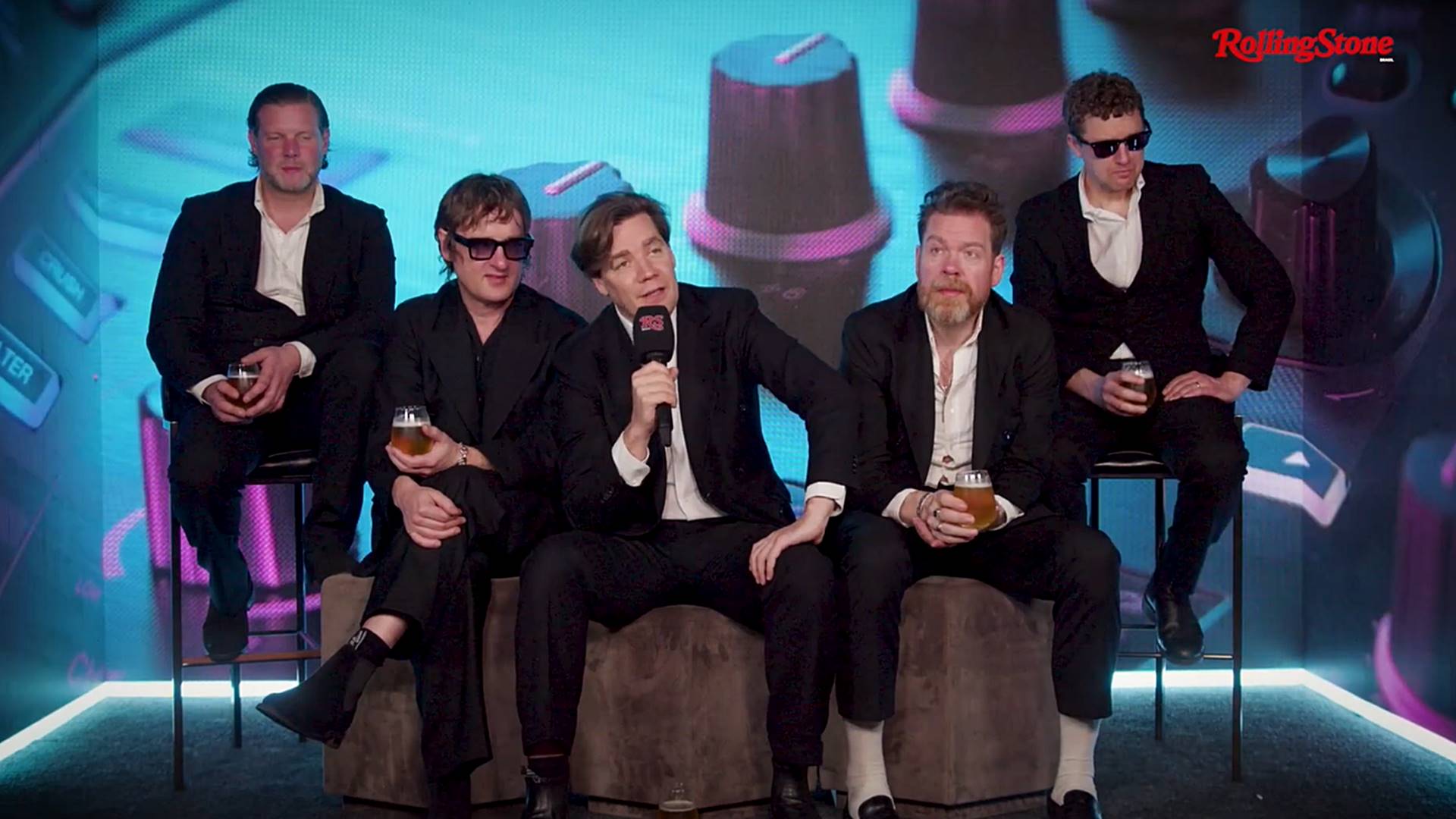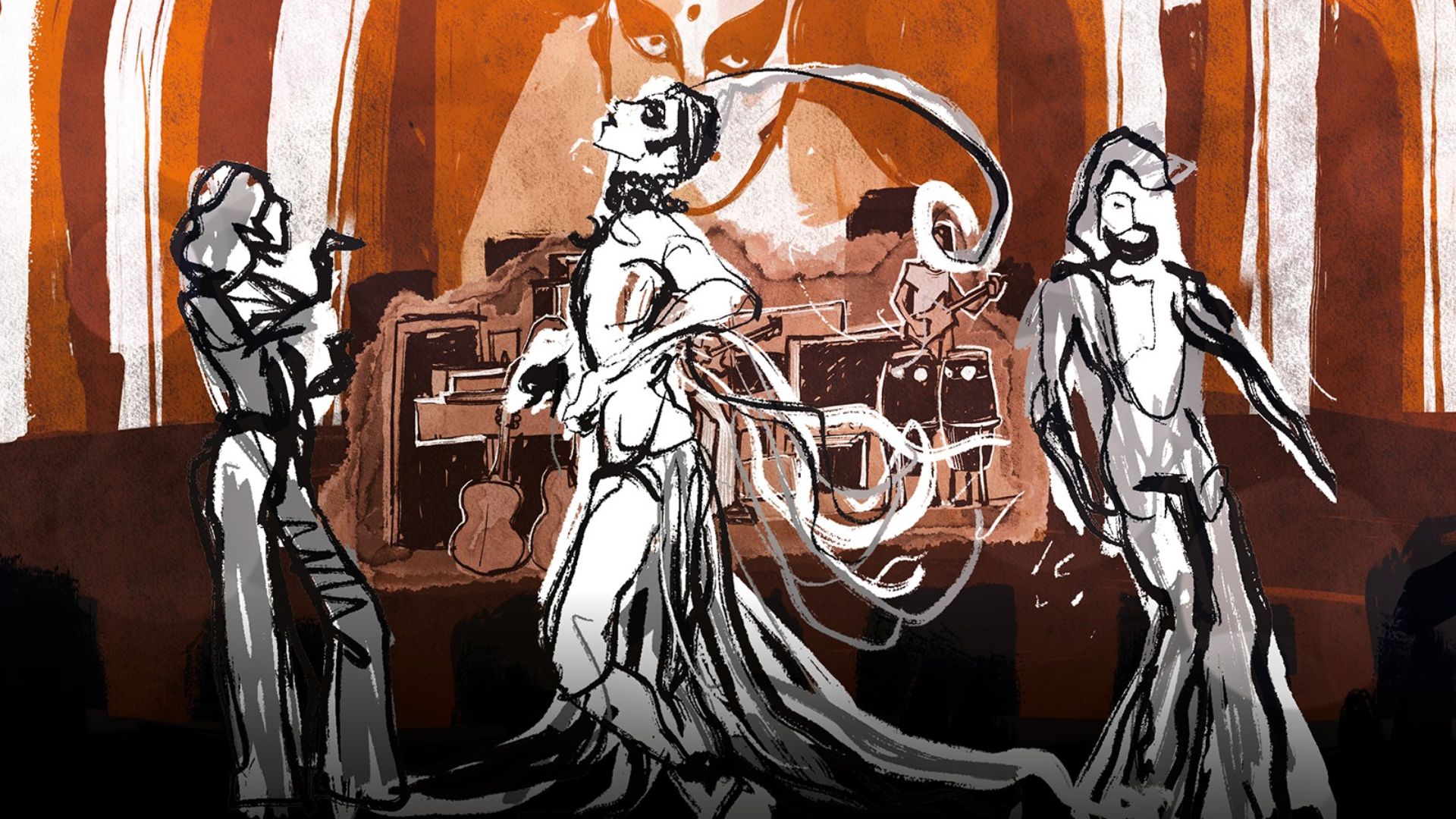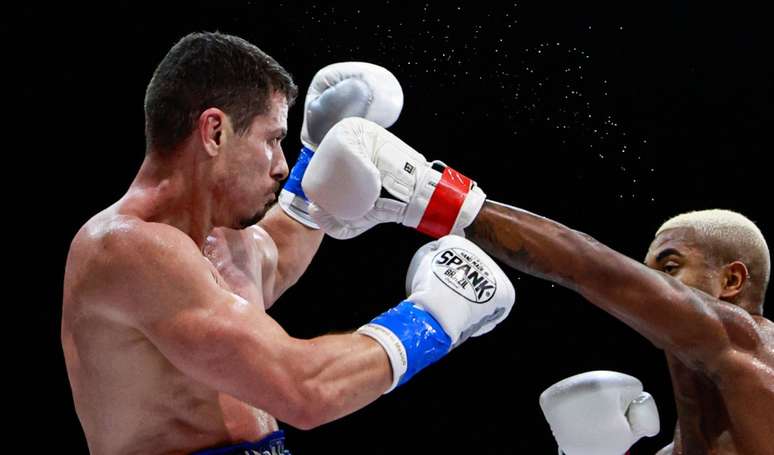Musician believes that specific characteristics led their band to draw more attention than other “competitors” of the 1960s
What did the Beatles achieve success? You can’t answer this question simply. In addition to the great artistic talent, the English group worked hard, came up at the right time, absorbed the most accurate influences and, why not, they had a little luck – something essential in anyone’s life, because elements alien to their own will may also favor.
In the opinion of Paul McCartneythree specific points help explain their band’s commercial success. They all have to do with differentials; Points that made Liverpool’s FAB FOUR stand out in the crowd.

The subject was addressed in an interview of 1990 to Guitar player. See below:
What made the Beatles stand out
1) Choose obscure covers
While developing their skills as composers, the Beatles played songs created by other artists. In Paul McCartney’s view, dealing with a less obvious repertoire, with unnoticed songs, helped a lot – besides performing different tracks from their “competitors”, they even left the audience in doubt if those works were theirs.
“We worked on obscure songs with the Beatles. There was a good reason too: all the other bands knew the successes. Everyone knew ‘Ain’t That a Shame’. Everyone knew ‘Bo Diddley’from Bo Diddley. But not everyone knew ‘Crack’ up ‘ [do Bo Diddley]. Almost no one knows ‘Crack’ up ‘ To this day – it was just one of his sides that I loved. I don’t know how amazing it is, but I like it. ”

According to Paul, the fact that they were less obvious songs even made him and his colleagues interpret the material more vigorously. Since they were not the “same songs as usual”, there was a certain freshness.
“We used to look for s sides B – An intelligent play! – and obscure tracks of albums because if we got involved enough to give them something special, just because we were in love with them, you sang them well. John [Lennon]for example, sang ‘Anna’ [do Arthur Alexander]in the first album of the Beatles. It was obscure, the DJs played in the nightclubs. We took the album home and learned songs like this: ‘Three Cool Cats’ [Coasters], ‘Anna’, ‘Thumbin’ a ride ‘ [Coasters] – Millions of amazing songs. ”
2) Explore the limitation of equipment
When the Beatles were active in the 1960s, sound equipment was still very little evolved due to the technology that existed in the period. It was easy to overwhelm and even damage this kind of equipment. It turned out to be an advantage, as the band increased volumes and other controls to naturally obtain a satisfactory amount of distortion – including guitars.

He starts the report:
“The machines at that time were easier to damage. You could really overload a sound table. Now this is no longer possible. A brand new table is built for idiots like us stepped on it. We had a great trick with guitars, as in ‘Ob la di, oba of’. I played guitar on her, an octave above the bass line. It gave a great sound – like when you have two singers singing in octaves, reinforcing the bottom line. ”

Then complements:
“We asked them to record the guitars when the meter arrived in the red. The recording engineers said it would be horrible, but we loved that sound that was considered a ‘mistake’. So we recorded everything in red. These old plates distorted, bought and suck. fragile stuck somewhere near the guitarist. You could hear his foot more than some things. ”
3) The importance of the bass
Suspects that Paul McCartney points out the bass as a differential, as it was his main instrument in the Beatles. However, its report is not wrong: the serious instrument has a gigantic influence on the sound of a rock band, especially when there are soul/R&B influences, as in the case of Liverpool’s FAB FOUR.
At first, McCartney bet on simpler lines, anchored on the tonic, a main note that also rules the guitar. Over time, he started to try more, following the line popularized by James JamersonMotown icon which, curiously, remained anonymous for decades, as it was not credited with his work by the label.

Paul comments:
“I really didn’t want to play bass, but I started to see some interesting things. One of the first was in the song ‘Michelle’ [do álbum Rubber Soul]. There is that descendant chord in the ‘Words I Know That You’ll Understand, Michelle’ part. If I touched the pity grade [C]then pass to sun [G] And then to Code [C] Again, that really transformed the phrasing. It was there that I realized that Baixo really could change a song. ”
The greatest influence of Beatle in this regard was a “rival” – in a good way. He comments:
“Brian Wilson proved different ways in PET SOUTHS [1966]album of Beach Boys Very influential for me. If you are in pity and touch – something other than the tonic – it creates a little tension. It’s great. When you finally get pity, it’s like, ‘Ah, thank God he came to pity!’ You can create tension with it. I didn’t know that’s what I was doing; It simply sounded well. And that started to make me much more interested in the bass. It was no longer a matter of being just a serious grade in the background. ”
+++ Read more: the artist who taught Paul McCartney, according to his own
+++ Read more: What does Ringo Starr think about being taken from the 1st Beatles single
+++ Read more: The big difference between Led Zeppelin and Beatles, according to Jimmy Page
+++ Follow Rolling Stone Brasil @rollingstonebrasil on Instagram
+++ Follow journalist Igor Miranda @igormirandasite on Instagram
Source: Rollingstone
Earl Johnson is a music writer at Gossipify, known for his in-depth analysis and unique perspective on the industry. A graduate of USC with a degree in Music, he brings years of experience and passion to his writing. He covers the latest releases and trends, always on the lookout for the next big thing in music.









